Carpets are an important part of many Kenyan households and offices — they add warmth, reduce noise, and make spaces feel more inviting. However, carpets can also become breeding grounds for dust, mold, and allergens if not properly maintained.
A common concern we hear at Kejani Cleaning Services Limited is:
“Can carpet cleaning cause allergies?”
In this blog post, we’ll explore the link between carpet cleaning and allergies — when cleaning helps, when it may trigger allergic reactions, and how to clean your carpet safely in Kenya’s unique climate.
✅ Does Carpet Cleaning Help or Worsen Allergies?
👍 When Carpet Cleaning Reduces Allergies
Regular carpet cleaning is one of the most effective ways to reduce indoor allergens such as:
-
Dust mites
-
Pet dander
-
Pollen
-
Mold spores
-
Bacteria from food and spills
These allergens get trapped in carpet fibers and become airborne when you walk over the carpet or move furniture. Professional carpet cleaning — especially using hot water extraction (steam cleaning) — removes these allergens deep within the carpet.
👎 When Carpet Cleaning Triggers Allergies
While cleaning helps long-term, some people may experience short-term allergic reactions during or immediately after a carpet cleaning. Here’s why:
1. Chemical Sensitivity
Some carpet cleaning products contain harsh chemicals or strong fragrances that can trigger allergic reactions, skin irritation, or even respiratory problems in sensitive individuals.
Common symptoms include:
-
Sneezing
-
Runny nose
-
Itchy eyes
-
Wheezing
-
Skin rashes
2. Mold from Overwet Carpets
If carpets are not dried properly after cleaning, moisture can remain in the padding and fibers, leading to mold and mildew growth, which is a major allergen.
This is especially important in humid areas like Nairobi, Mombasa, or Kisumu where poor ventilation can slow down drying time.
3. Improper Vacuuming or Agitation
DIY carpet cleaning or vacuuming with poor filters can stir up dust and allergens into the air, triggering allergies.
🔎 Common Carpet Cleaning Methods and Their Allergy Risks
1. Steam Cleaning (Hot Water Extraction) – Recommended ✅
-
Uses hot water under pressure to extract dirt and allergens.
-
Effective at killing dust mites and bacteria.
-
Low risk of allergies if professional-grade, fragrance-free solutions are used.
-
Must be followed by proper drying (within 12–24 hours) to prevent mold.
Tip: At Kejani, we use HEPA filters, eco-friendly cleaning agents, and high-powered extractors that leave carpets clean and dry faster.
2. Dry Cleaning – Low Risk ✅
-
Uses very little water and chemical-based compounds.
-
Faster drying time.
-
Lower risk of mold, but some dry cleaning agents can cause allergic reactions if they contain strong perfumes.
3. Shampooing – Medium Risk ⚠️
-
Common DIY method in Kenya using a carpet shampoo and brush.
-
May leave residues if not rinsed well.
-
Residues can attract more dust or cause skin/respiratory irritation.
4. Foam Cleaning – Medium Risk ⚠️
-
Similar to shampooing but with foam application.
-
Faster drying but still risks leaving residue or fragrances that can cause allergies.
🧪 Symptoms of Carpet-Related Allergies
If you experience these symptoms after a carpet cleaning, you might be reacting to either cleaning products or airborne allergens:
-
Sneezing or runny nose
-
Coughing or shortness of breath
-
Red, itchy eyes
-
Itchy skin or rashes
-
Postnasal drip
-
Wheezing
🌿 How to Prevent Carpet Cleaning-Related Allergies
Here are steps to minimize allergy risks during and after carpet cleaning in Kenya:
✅ 1. Choose Fragrance-Free or Hypoallergenic Products
Ask your cleaning company to use non-toxic, unscented products, especially if there are children, asthma patients, or pets in the home.
✅ 2. Ventilate the Room
Open windows and use fans after cleaning to speed up drying and improve air circulation.
✅ 3. Vacuum with a HEPA Filter
HEPA-filter vacuums trap allergens instead of releasing them back into the air.
✅ 4. Schedule Cleaning in Advance
If you or someone in your home has severe allergies, leave the home for a few hours after cleaning and return once the carpets are completely dry.
✅ 5. Hire a Professional
DIY cleaning may leave behind more allergens. Professionals like Kejani Cleaning Services Limited use powerful equipment that deep cleans and extracts moisture thoroughly.
📍 Why It Matters in the Kenyan Context
Kenya’s mix of dry seasons and rainy periods creates an ideal environment for dust and moisture buildup in carpets. This makes it even more important to clean carpets the right way.
In urban centers like Nairobi, Rongai, Nakuru, Mombasa, and Kisumu, dust from roads and foot traffic is a common issue. In coastal areas, humidity can lead to mold. These regional differences mean carpet maintenance needs a customized approach.
💡 Final Thoughts: Can Carpet Cleaning Cause Allergies?
Yes — if done improperly, carpet cleaning can cause allergic reactions. But when done professionally using the right products and techniques, it is one of the best ways to reduce allergens in your home or office.
At Kejani Cleaning Services Limited, we prioritize your health and comfort. We use allergy-safe carpet solutions, advanced machines, and quick-drying methods to leave your carpets spotless and safe.
📞 Contact Kejani Cleaning Services Limited
Want to schedule an allergy-safe carpet cleaning?
-
📱 Call/WhatsApp: +254 115 887 085
-
🌐 Website: www.kejanicleaning.co.ke
-
📍 Service Areas: Nairobi | Rongai | Thika | Kitengela | Machakos | Ngong | Mombasa

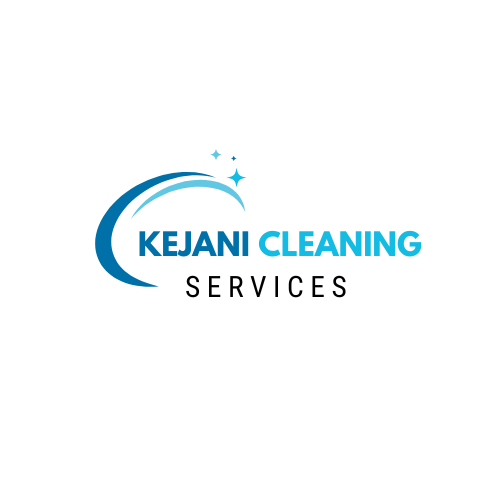
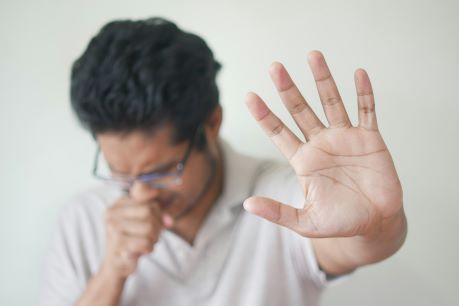
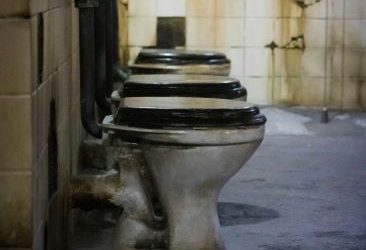
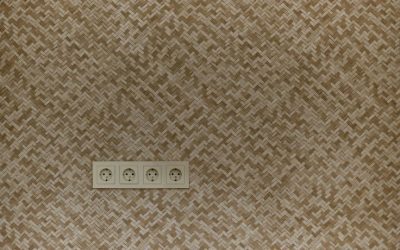
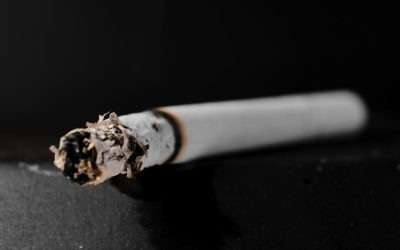
0 Comments